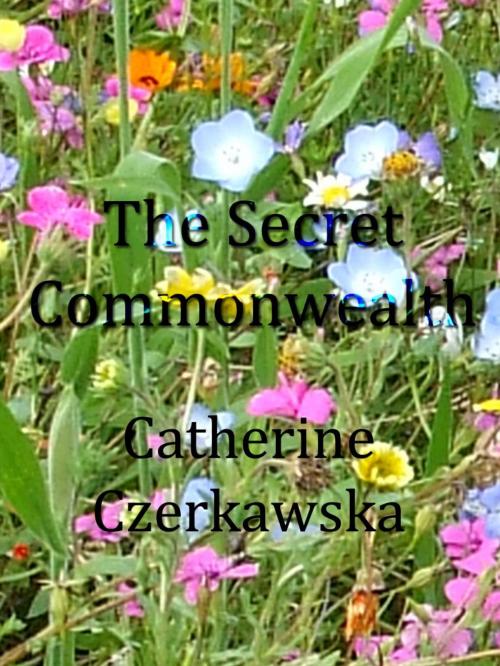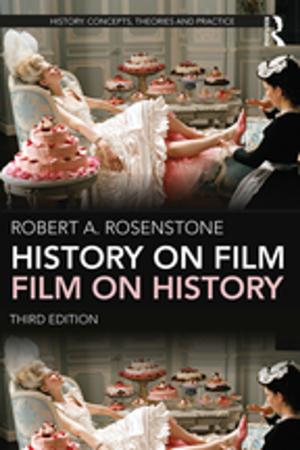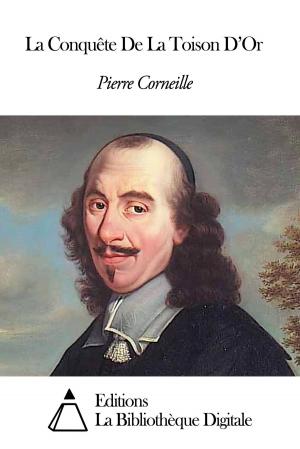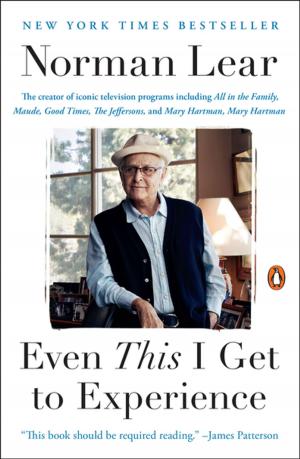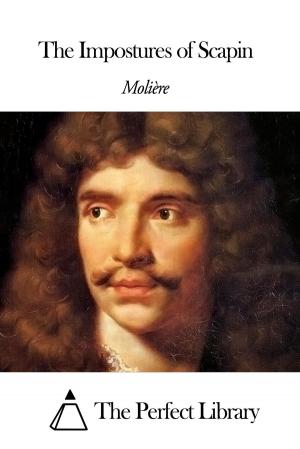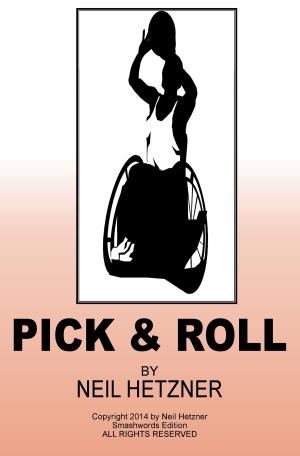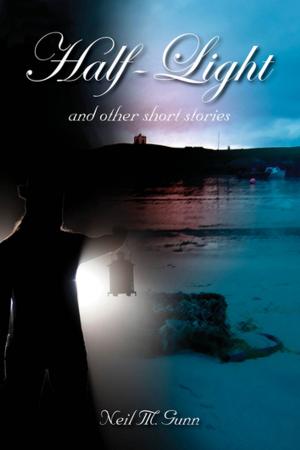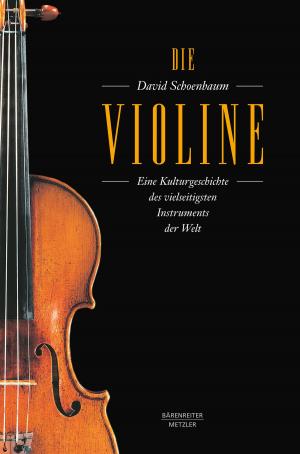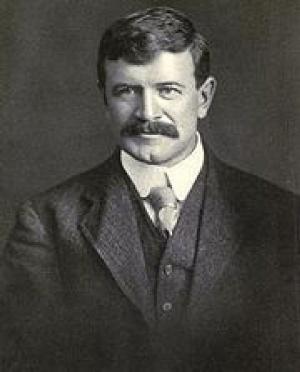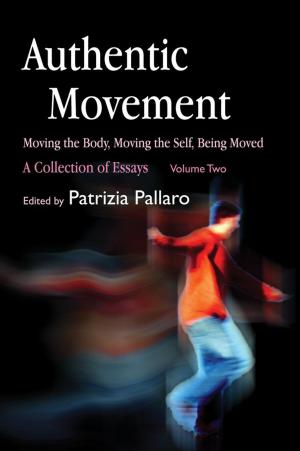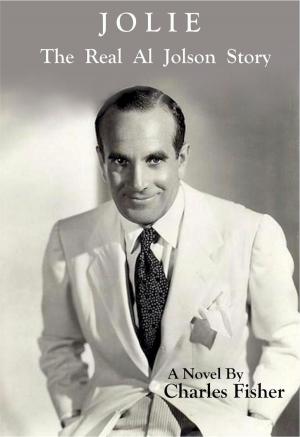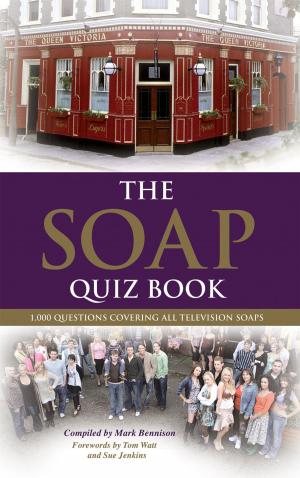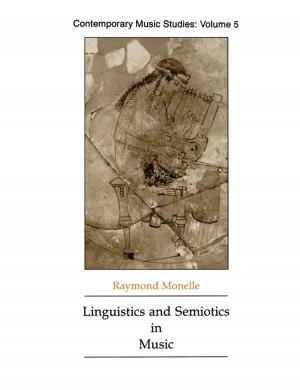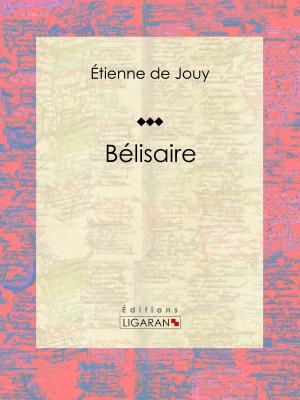| Author: | Catherine Czerkawska | ISBN: | 9781502232533 |
| Publisher: | Catherine Czerkawska | Publication: | September 16, 2014 |
| Imprint: | Language: | English |
| Author: | Catherine Czerkawska |
| ISBN: | 9781502232533 |
| Publisher: | Catherine Czerkawska |
| Publication: | September 16, 2014 |
| Imprint: | |
| Language: | English |
There can be few stories stranger than that of Robert Kirk, minister of Aberfoyle in late seventeenth century Scotland. He was the seventh son of a seventh son, which supposedly gave him powers to communicate with the supernatural world. He wrote his treatise about that other world and the creatures we know as fairies in 1691, and called it The Secret Commonwealth. Only 100 copies were made and it was lost until 1815 at which time that inveterate antiquarian, and hunter after lost treasures, Sir Walter Scott, found it and had it printed.
Kirk had lived through the years when strict Presbyterianism was in the process of criminalising the observance of various folk customs and beliefs – labelling them as the work of the devil – a process which would continue more or less until the present day. He was a fine scholar and an exponent of the Gaelic language and had been engaged in the task of translating the metrical psalms into Gaelic, as well as going to London to help supervise the printing of the first Gaelic bible. But when he became minister at Aberfoyle, Kirk took to walking on the ‘fairy hill’ (a numinous place, even today), and was found dead there in 1692. Rumours swiftly followed that he had disappeared, had been taken by the fairy folk for betraying their secrets, and that the body in the tomb was a ‘co-walker’ and not a real human corpse at all.
This play, about Robert Kirk, by award winning playwright Catherine Czerkawska was written for and staged at the Oran Mor in Glasgow in February 2010.
‘Using the voice of the lost minister himself – played by Liam Brennan with a terrific combination of emotional commitment and sheer technical command – Czerkawska transforms the story into a lyrical yet driven 50-minute lament over Scotland's failure to integrate its dour Presbyterian faith and dogged Enlightenment rationalism with the wilder, more beautiful and more sensual aspects of its Gaelic heritage...between them, Czerkawska and Brennan come close to making (Kirk) a real hero for our times, desperately struggling for ways to move on from an arid, over-rationalised modernism, without sinking back into the darkness of mindless superstition..’
Joyce McMillan, The Scotsman, February 2010
There can be few stories stranger than that of Robert Kirk, minister of Aberfoyle in late seventeenth century Scotland. He was the seventh son of a seventh son, which supposedly gave him powers to communicate with the supernatural world. He wrote his treatise about that other world and the creatures we know as fairies in 1691, and called it The Secret Commonwealth. Only 100 copies were made and it was lost until 1815 at which time that inveterate antiquarian, and hunter after lost treasures, Sir Walter Scott, found it and had it printed.
Kirk had lived through the years when strict Presbyterianism was in the process of criminalising the observance of various folk customs and beliefs – labelling them as the work of the devil – a process which would continue more or less until the present day. He was a fine scholar and an exponent of the Gaelic language and had been engaged in the task of translating the metrical psalms into Gaelic, as well as going to London to help supervise the printing of the first Gaelic bible. But when he became minister at Aberfoyle, Kirk took to walking on the ‘fairy hill’ (a numinous place, even today), and was found dead there in 1692. Rumours swiftly followed that he had disappeared, had been taken by the fairy folk for betraying their secrets, and that the body in the tomb was a ‘co-walker’ and not a real human corpse at all.
This play, about Robert Kirk, by award winning playwright Catherine Czerkawska was written for and staged at the Oran Mor in Glasgow in February 2010.
‘Using the voice of the lost minister himself – played by Liam Brennan with a terrific combination of emotional commitment and sheer technical command – Czerkawska transforms the story into a lyrical yet driven 50-minute lament over Scotland's failure to integrate its dour Presbyterian faith and dogged Enlightenment rationalism with the wilder, more beautiful and more sensual aspects of its Gaelic heritage...between them, Czerkawska and Brennan come close to making (Kirk) a real hero for our times, desperately struggling for ways to move on from an arid, over-rationalised modernism, without sinking back into the darkness of mindless superstition..’
Joyce McMillan, The Scotsman, February 2010
